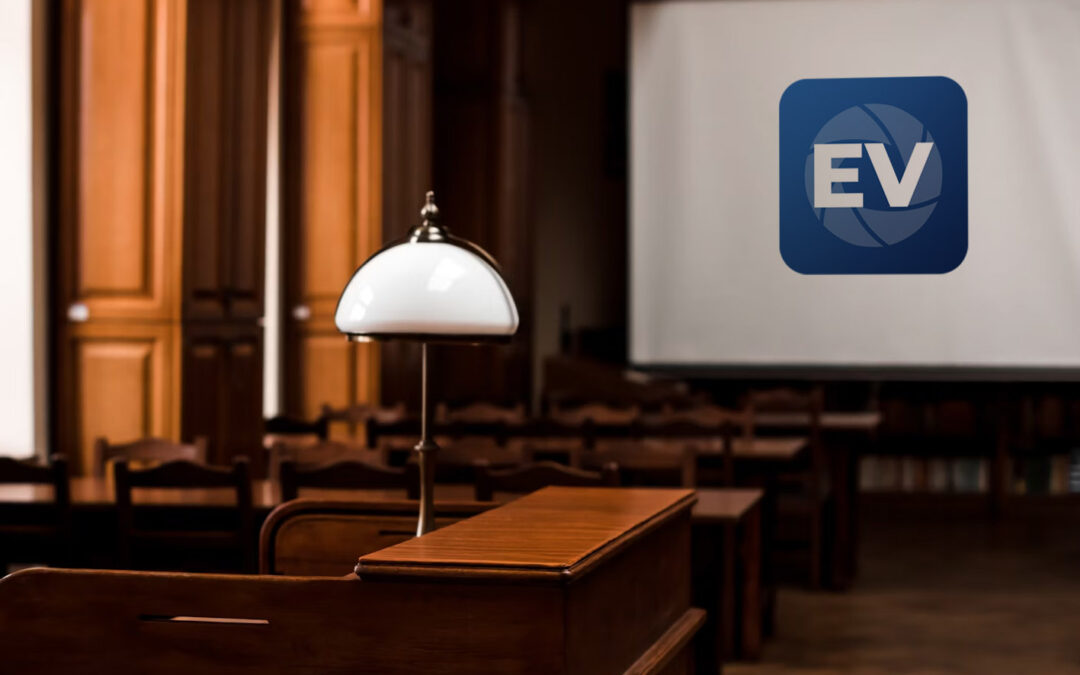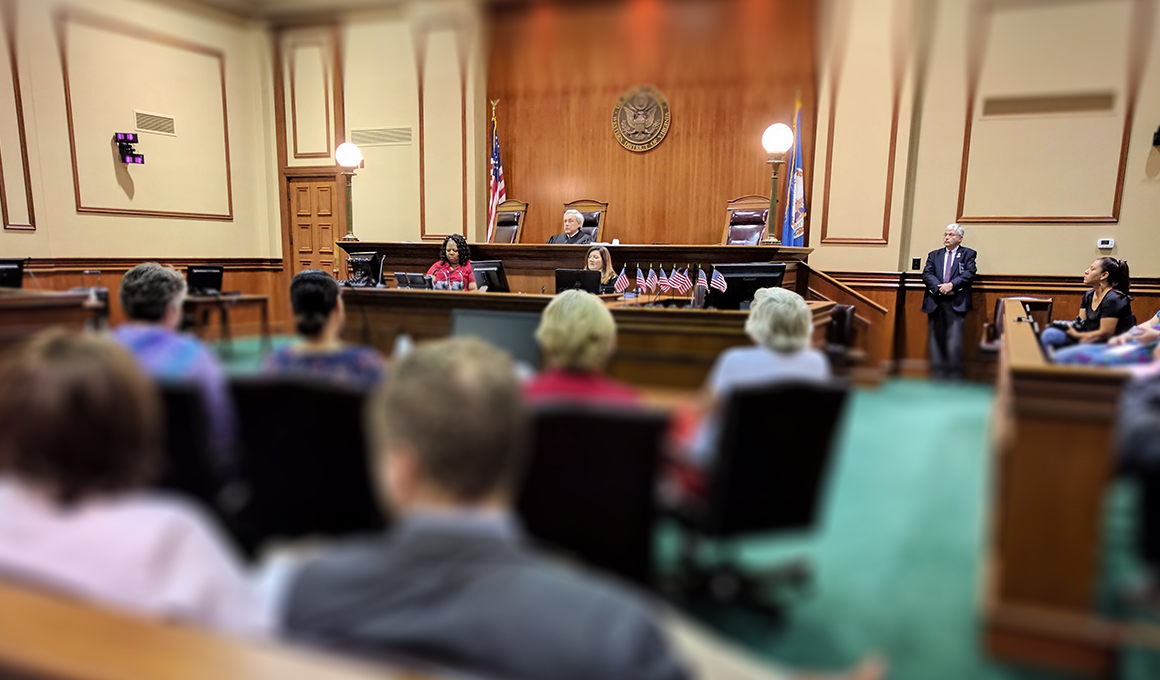How Trial Presentations Enhance Your Debate and Convince Jurors
Test presentations work as a pivotal system for boosting lawful debates and convincing jurors. By incorporating visual aids, narrative frameworks, and psychological interaction, lawyers can create a compelling case that reverberates on several levels. The critical use visuals not only makes clear complicated details but likewise captures jurors' attention better than words alone. Nevertheless, the art of narration plays an equally crucial function in transforming accurate proof right into a compelling story, shaping jurors' assumptions - trial presentations. Understanding these components can dramatically impact trial end results, elevating the question of exactly how each component adds to this elaborate dynamic.

Significance of Visual Aids
Visual aids play a critical function in boosting the effectiveness of test discussions, as they can substantially enhance audience engagement and retention of details. In the context of a test, where jurors are charged with processing complex information, visual help offer to simplify and clarify bottom lines. Charts, charts, and pictures can communicate information and principles that might or else overwhelm or confuse jurors, enabling for an extra straightforward understanding of the evidence provided.
In addition, aesthetic aids assist in maintaining juror interest throughout the proceedings. By breaking the dullness of spoken testimony, these tools can stress vital disagreements, making them more unforgettable. Effective visual aids can likewise stimulate emotional actions, which can be essential in encouraging jurors to straighten with the presenter's story.

Crafting Compelling Narratives
An engaging story is important in trial presentations, as it functions as the foundation of reliable persuasion. It permits lawyers to weave with each other truths, evidence, and psychological components right into a systematic tale that reverberates with jurors. This narrative structure makes it possible for jurors to comprehend the intricacies of the case while leading them through the attorney's debate.
To craft a compelling story, lawyers ought to concentrate on quality and coherence. This involves developing a clear lead character-- usually the customer-- and describing their trip with the occasions in inquiry. Presenting the realities in a rational sequence boosts understanding and keeps involvement. In addition, using vibrant descriptions can develop psychological photos that assist jurors visualize the occasions, making the narrative extra memorable.
Moreover, integrating vital motifs throughout the discussion reinforces the core message and aids in retention - trial presentations. The story needs to not only communicate info but also evoke a sense of justice, highlighting the stakes included. Ultimately, a sound story cultivates a connection between the jurors and the instance, placing the attorney's debate as both reliable and compelling, thereby increasing the chance of a beneficial verdict

Involving the Jury Psychologically
Efficient court engagement depends upon the lawyer's capacity to get in touch with jurors on a psychological degree. This connection can significantly influence jurors' understandings and their best decision-making. Using psychological charms allows attorneys to humanize the case, changing abstract lawful ideas into relatable experiences. By offering real-life stories or reviews, attorneys can stimulate empathy and compassion, fostering a deeper understanding of the concerns at risk.
Aesthetic help, such as photos or videos, can click to read more additionally boost psychological engagement, supplying jurors with brilliant representations of the case's human elements. Crafting a narrative that highlights the struggles and accomplishments of the individuals entailed guarantees that jurors see past the legal arguments and acknowledge the human repercussions of their choices.
An attorney's enthusiastic shipment can resonate with jurors, enhancing their psychological investment in the instance. It's vital to stabilize emotional allures with valid evidence, making certain that jurors really feel compelled to act while continuing to be based in the fact.
Structuring Your Discussion

The body of the discussion should be practically fractional into bottom lines, each supported by compelling proof. It is beneficial to make use of narration methods to weave truths right into a story that jurors can conveniently follow. Visual aids, such as charts and video clips, can improve comprehension and interaction, assisting to highlight crucial pieces of proof.
Real-World Study
Examining real-world situation researches provides indispensable understandings into the art of trial discussions and persuasion. The defense group effectively utilized an approach that combined high-profile specialist statements with multimedia presentations, which captivated jurors and inevitably affected their decision.
An additional notable instance is the "McDonald's Coffee Situation," where the complainant's lawyers made her explanation use of graphic pictures of the injuries received by Stella Liebeck. trial presentations. informative post This plain aesthetic evidence played a critical role in sharing the extent of her burns, resulting in a significant court honor. Such cases show that impactful test discussions often depend upon the efficient combination of visuals and narration to stimulate psychological feedbacks from jurors
Moreover, the "Casey Anthony Test" highlighted the relevance of narrative comprehensibility and trustworthiness. The prosecution's failure to develop a compelling timeline lessened their influential power, emphasizing the need of a well-structured discussion. Analyzing these instances reveals that effective test discussions call for calculated preparation, emotional interaction, and the capability to resonate with jurors' worths and ideas.
Verdict
Test discussions dramatically boost disagreements and encourage jurors with the critical usage of visual help, compelling narratives, and psychological engagement. By streamlining intricate details and promoting links with the target market, these elements develop a memorable and impactful experience. A well-structured presentation equilibriums psychological appeals with accurate proof, eventually resonating with jurors' values. The combination of these techniques not only affects decision-making yet likewise highlights the relevance of reliable communication in the court.